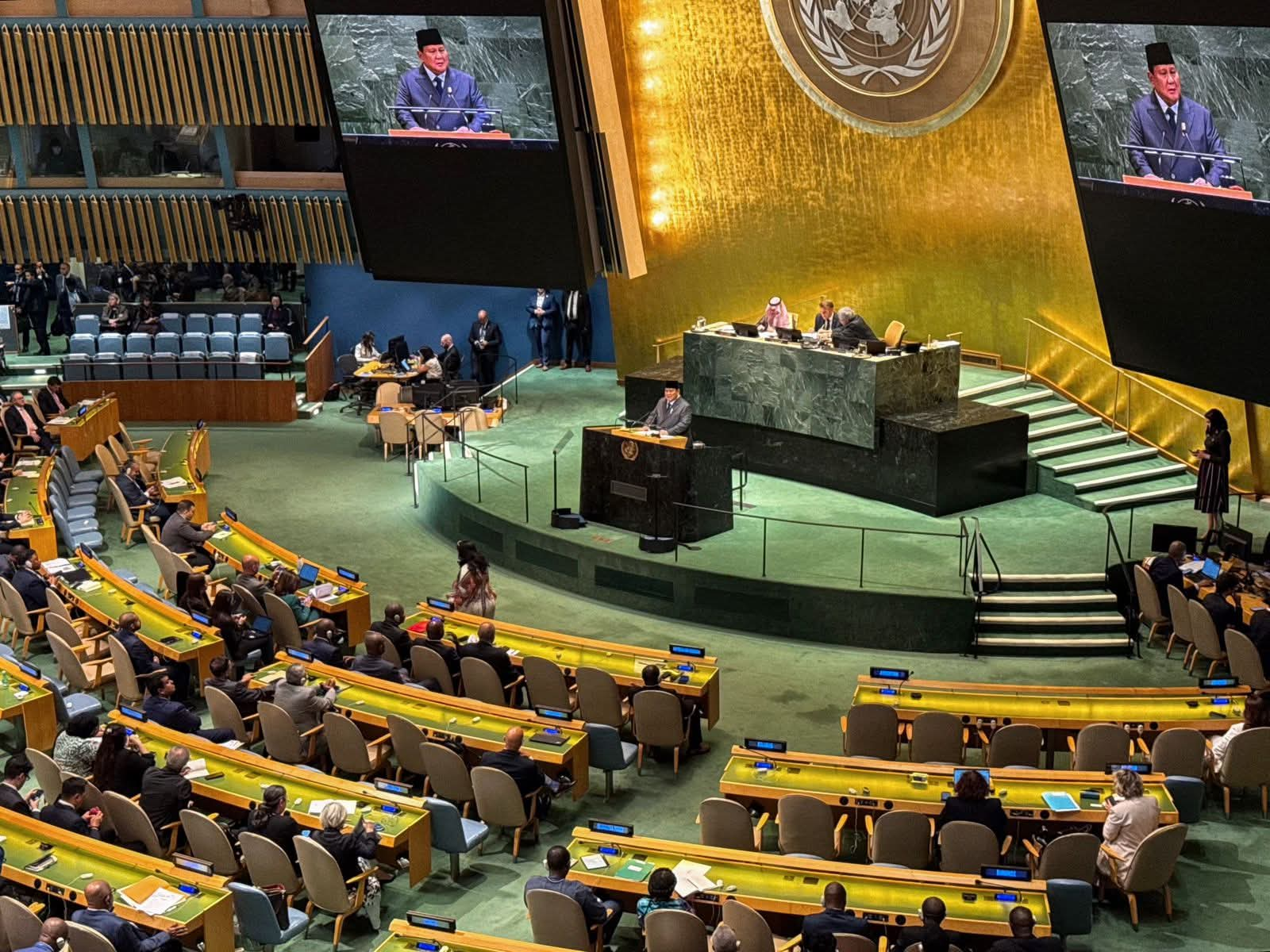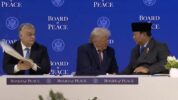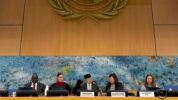Calls for Justice Abroad, Silence at Home: Amnesty Slams Prabowo’s UN Address
He argued that while international speeches carry symbolic weight, true global credibility comes from consistent domestic action. Beyond Palestine, Indonesia must also address serious human rights violations affecting the Rohingya and take concrete steps to improve its own human rights situation.
Amnesty warned that Indonesia must not ignore its own human rights abuses while criticizing violations abroad. Usman pointed out that post-independence rights violations remain unacknowledged, and past atrocities—particularly those that occurred after the colonial era—have yet to be properly addressed or resolved.
The president’s emphasis on equality and the right to life rang hollow, Amnesty said, given ongoing constraints on freedom of expression and persistent discrimination against minority groups within Indonesia. Since Prabowo took office in October 2024, at least 13 cases of religious-based violence have been reported, highlighting a troubling gap between rhetoric and reality.
Amnesty criticized the government’s treatment of Papua, a region still plagued by militarization, racial discrimination, and unresolved human rights violations.
Policies such as the food estate program in Merauke have ignored the voices of Indigenous communities and threatened their land rights. Amnesty urged the government to match its calls for justice at the UN with real respect for Indigenous rights and resolution of agrarian conflicts—especially as the president’s speech came just a day before National Farmers Day.(Uki)



























Tinggalkan Balasan